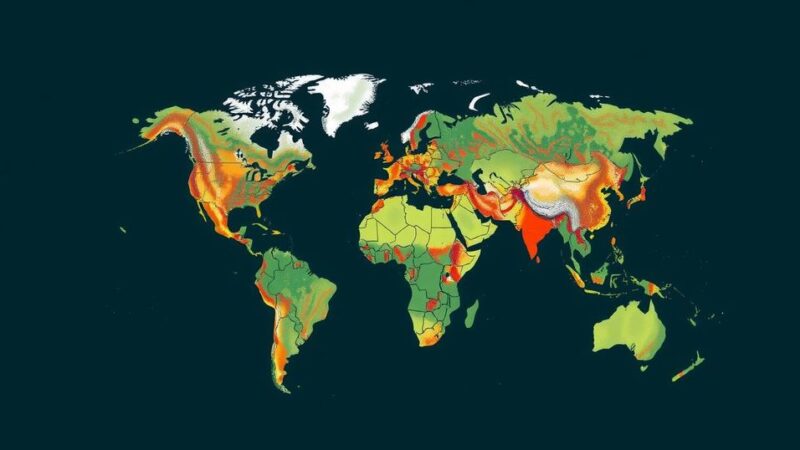Egypt is actively engaging in diplomatic efforts to mediate the Israel-Lebanon conflict, primarily after the events of October 7, 2023. With Foreign Minister Badr Abdelatty emphasizing the urgency to halt Israeli aggression, Egypt seeks to leverage its historical role as a mediator and build upon its regional relationships to promote stability and prevent escalation.
Egypt has been proactive in addressing the conflict between Israel and Lebanon, particularly following the heightened tensions after the incident on October 7, 2023. Foreign Minister Badr Abdelatty announced ongoing communications with various international and regional entities in an attempt to halt the Israeli offensives against Lebanon. Abdelatty articulated that the primary goal of these discussions is to swiftly cease Israel’s operations, emphasizing Egypt’s historical role as a mediator in Middle Eastern conflicts. Egypt’s strategic relationships with both Israel and Arab states position it as a key diplomatic bridge, leveraging its long-standing involvement in the region’s crises. Historically, Egypt played a crucial role in the Arab-Israeli conflict, most notably through the Camp David Accords in 1978. Involving itself with Lebanese factions and upholding a relatively neutral stance amidst regional rivalries allows Egypt to engage effectively. As Dr. Abdellatif El-Menawy noted, Egypt’s experience in mediating conflicts provides valuable insights, especially when addressing engagements involving groups such as Hezbollah. In light of recent Israeli actions in southern Lebanon, Egypt aims to promote stability in the region and prevent the conflict’s expansion. Engaging various stakeholders, including possible indirect negotiations with Hezbollah through intermediary states, reflects Egypt’s tactical approach. Additionally, with support from the United States, Egypt could leverage its military ties to press for a ceasefire agreement beyond its existing interactions. Ultimately, Egypt’s diplomatic endeavors seek to stabilize Lebanon’s civilian infrastructure while addressing the overarching regional dynamics that influence the conflict. By focusing on collaborative efforts with regional and international players—including Saudi Arabia and Iran—Egypt could fortify its mediation role, thereby paving the way for a sustainable resolution to the Israel-Hezbollah confrontation.
Egypt’s history as a mediator in the Middle East is extensive, marked by pivotal moments such as the Camp David Accords which established peace between itself and Israel. Recent developments in Lebanon necessitate Egypt’s renewed focus on its role due to the escalated conflict following the recent incidents involving Israel and Hezbollah. As a regional power, Egypt’s historical relationships and political strategies enable it to engage with multiple stakeholders, thereby enhancing its potential effectiveness in alleviating regional tensions.
In conclusion, Egypt’s involvement in the Israel-Hezbollah conflict underscores the nation’s long-standing commitment to regional stability and diplomacy. By actively engaging with various stakeholders and leveraging its historical role as a mediator, Egypt aims to resolve ongoing tensions and prevent further escalation. The outcome of these efforts will depend significantly on regional collaboration and international support to address the complex dynamics at play.
Original Source: www.arabnews.com

